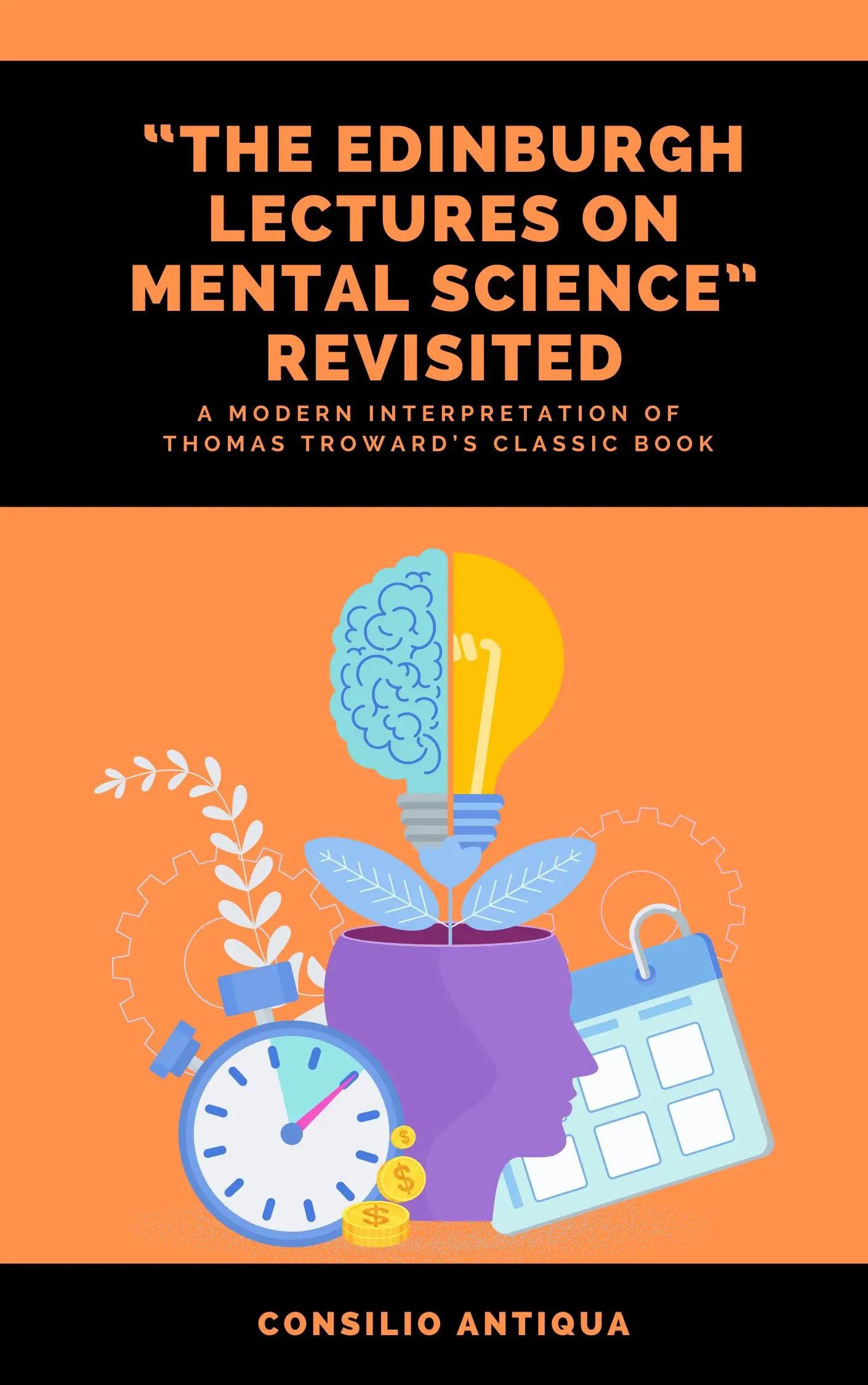
The Edinburgh Lectures on Mental Science Revisited | Chapter XIV: THE BODY.
Chapter XIV: THE BODY.
It can be hard to believe that what's going on in your mind can truly impact your physical body. But if that wasn't true, there wouldn't be a field like mental science! The whole point is to use your mind to create positive changes in your life, whether it's your health, your relationships, or your overall well-being. So, understanding the connection between your thoughts and your physical reality is essential.
We all know that thoughts can lead to emotions. But did you know those emotions can have a direct effect on your body? Think about it: when you're stressed, your heart races, your muscles tense, and your stomach might churn. That's your mind sending signals to your body, showing you that there’s a real connection between your inner world and your outer world.
Imagine you're feeling anxious about a big presentation at work. You might notice your heart pounding, your palms sweating, and your breathing becoming shallow. That’s your body's response to the stress you're experiencing. Now, imagine using a heart rate monitor, a tool that tracks your heart rate and other physiological data. You might see your heart rate spike as you think about the presentation. This is a clear example of how the mind can influence the body.
Your nervous system is like a complex network of pathways that connect your brain to every part of your body. It's how your thoughts become actions. There are two main parts of your nervous system: the conscious and the subconscious. The conscious part is what you control with your will—like deciding to pick up a cup of coffee. The subconscious part is on autopilot, managing your body's vital functions like breathing, digestion, and even how your heart beats.
Here's where things get really interesting. Your conscious mind can influence your subconscious mind. Imagine you're trying to break a bad habit, like biting your nails. You consciously decide to stop, but your subconscious mind still has that urge. It’s like a well-worn path in your brain. This is why habits are so hard to break.
However, the good news is that you can use this knowledge to your advantage. By focusing on positive thoughts and practicing affirmations, you can create new pathways in your brain, strengthening those positive habits. It’s like creating a new, smoother path for your subconscious to follow.
Remember, your body is a remarkable tool that's designed to work with your mind. It’s not just a vessel, it’s a collaborator. By understanding how your thoughts impact your body, you can begin to take charge of your health and create the life you want.
Exercise: Feel the Power of Your Thoughts
This chapter talked about how your thoughts can affect your body. It might seem hard to believe, but it's true! This exercise will help you see how your mind can create physical sensations.
Instructions
- Find a quiet place: Sit comfortably and close your eyes.
- Think about a happy memory: Think about a time when you felt truly happy and relaxed. See it in your mind, hear the sounds, and feel the emotions.
- Notice your body: As you think about this happy memory, pay attention to how your body feels. Do you feel more relaxed? Does your breathing feel easier? Do you notice any changes in your muscles?
- Think about a stressful memory: Now think about a time when you felt stressed or anxious. See it in your mind, hear the sounds, and feel the emotions.
- Notice your body again: As you think about this stressful memory, pay attention to how your body feels. Do you feel tense? Does your heart beat faster? Do you notice any changes in your breathing?
Reflection
Did you notice a difference in how your body felt when you thought about happy and stressful memories? This is a simple example of how your thoughts can have a real impact on your physical body. By understanding this connection, you can start to control your thoughts and create positive changes in your life.
